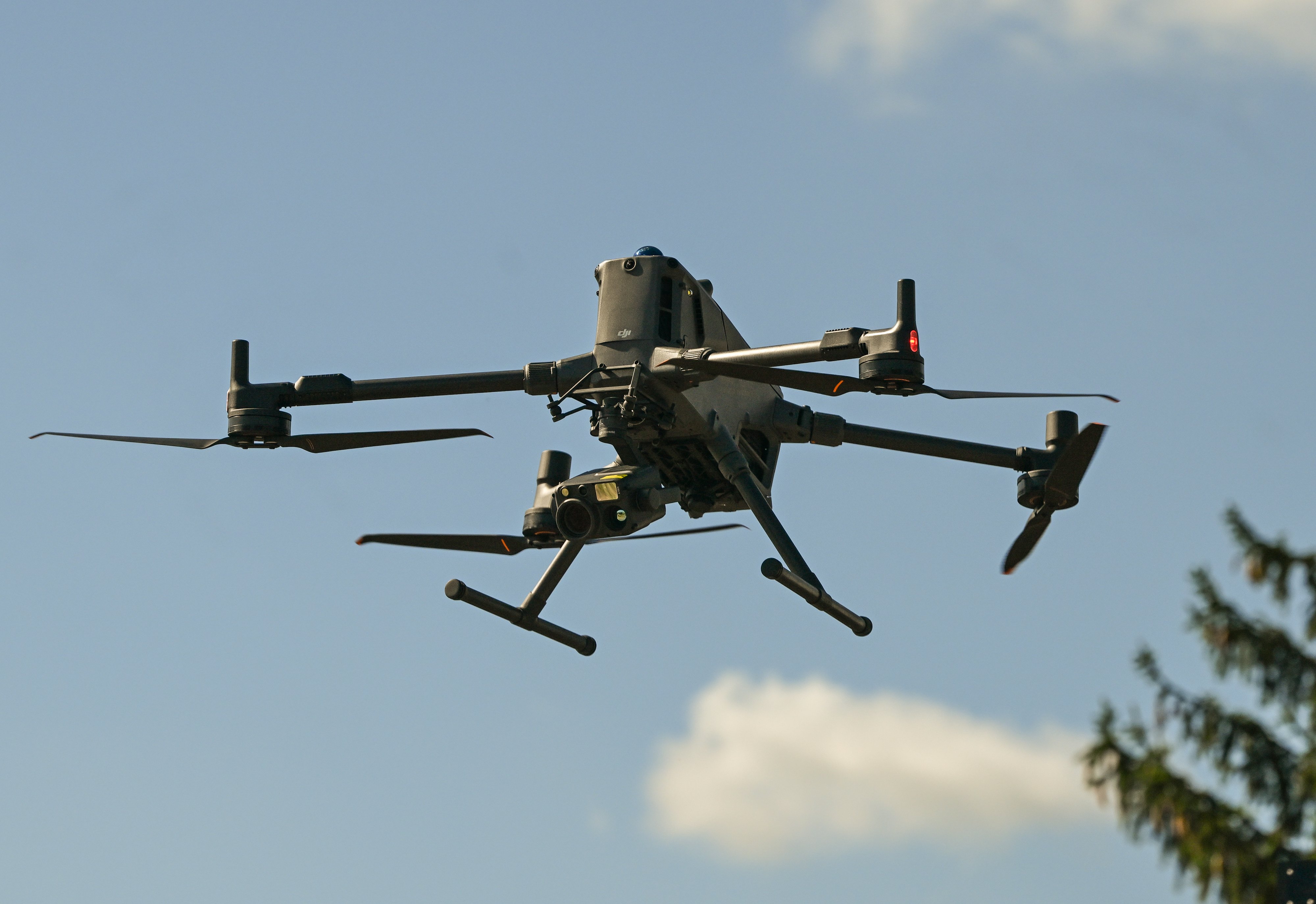DJI, the Chinese drone maker, has lost its lawsuit against the U.S. Department of Defense and will remain on the Pentagon’s list of Chinese military-linked companies. A federal judge concluded there was “substantial evidence” supporting the DoD’s stance, further compounding the trouble DJI faces in American markets.
Judge rules that DJI will stay on Pentagon list of Chinese military-linked firms ahead of potential ban

Key Takeaways:
- DJI lost its lawsuit against the U.S. Department of Defense
- The drone maker remains on the Pentagon’s list of Chinese military-linked firms
- A judge ruled there was “substantial evidence” of military ties
- The ruling was handed down on a Friday
- DJI may face further U.S. restrictions or a potential ban
The Lawsuit and Its Outcome
DJI, well-known for its consumer and commercial drones, has encountered formidable legal and regulatory challenges within the United States. This situation intensified when the Chinese tech company lost its lawsuit against the U.S. Department of Defense, which had classified DJI as having ties to the Chinese military.
Late last week, a federal judge upheld the Department of Defense’s position, stating there was “substantial evidence” to justify DJI’s continued presence on the Pentagon’s list of firms with Chinese military links. The decision came on a Friday, signifying a pivotal point in DJI’s ongoing battle to clear its name.
Why the Department of Defense Took Action
The Pentagon has been increasingly focused on entities it believes may have ties to foreign militaries, in large part due to national security concerns. DJI was placed on this list, prompting the company to pursue legal avenues to challenge the designation, arguing that it was not affiliated with the Chinese military. Ultimately, the judge found the Department of Defense’s evidence sufficient to justify keeping DJI on the list.
Implications for DJI
Remaining on the Pentagon’s list means that DJI’s future U.S. operations could face additional hurdles. While the company already experiences heightened scrutiny, it may now confront further restrictions or even a potential ban on its products in certain sectors of the U.S. market. This development underscores the broader challenges Chinese technology firms face in navigating the American regulatory environment.
Industry Perspective
Though DJI is widely regarded for innovation in drone technology, the outcome of this lawsuit highlights the delicate balance between global technical advancement and national security. Industry observers note that legal disputes of this nature could set precedents for how foreign tech brands are handled, especially those suspected of having military or government ties.
Next Steps
DJI’s immediate legal options remain limited, given the judge’s clear stance on the evidence. The company has not yet publicly announced further appeals or any additional legal strategies. However, the ruling raises critical questions about how DJI will adapt its business model and maintain consumer trust under such intense regulatory scrutiny in the United States.
While the final impact remains to be seen, one thing is certain: with DJI’s place on the Pentagon’s list cemented, the U.S. government’s apprehensions about Chinese-linked technology are not likely to subside anytime soon.











